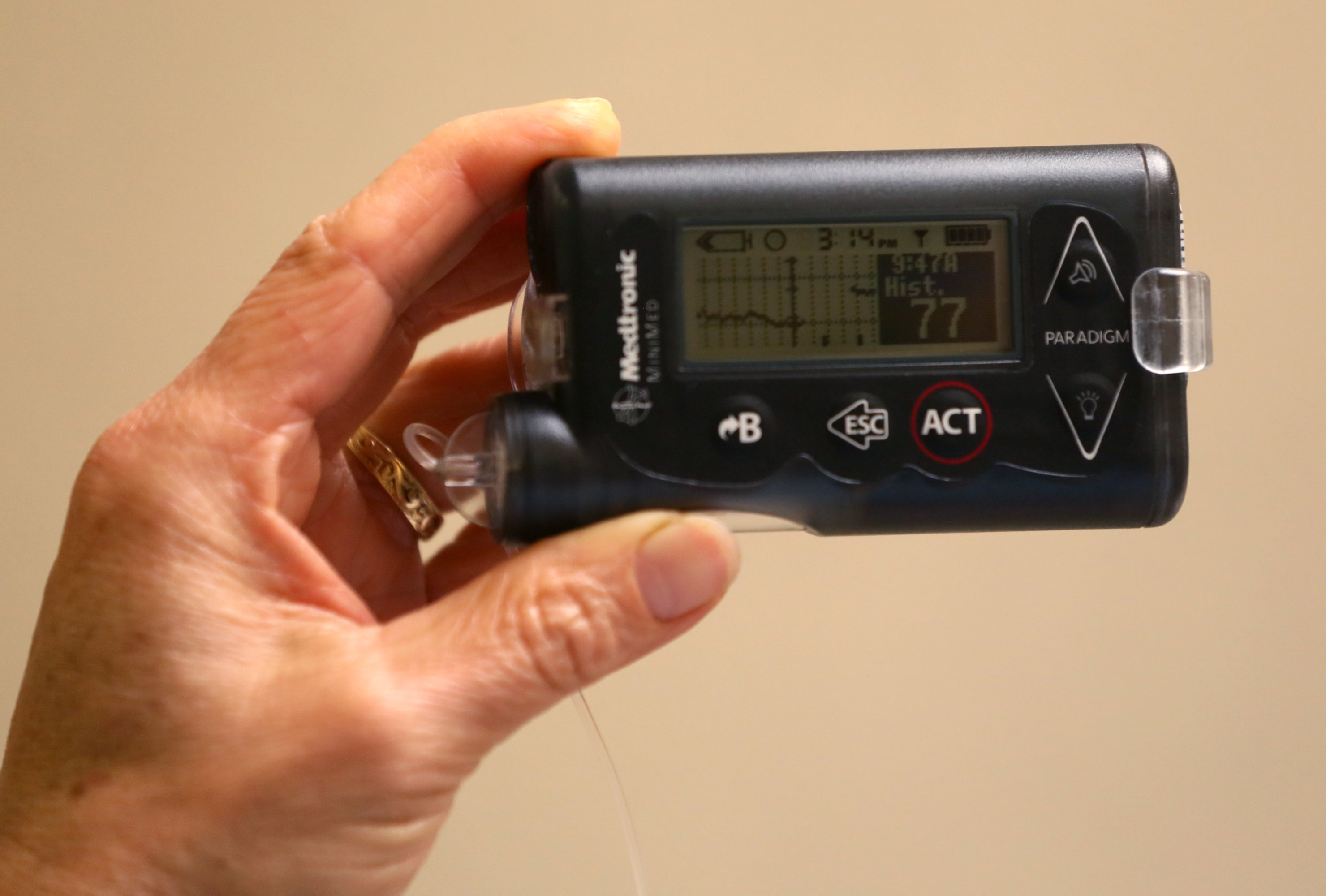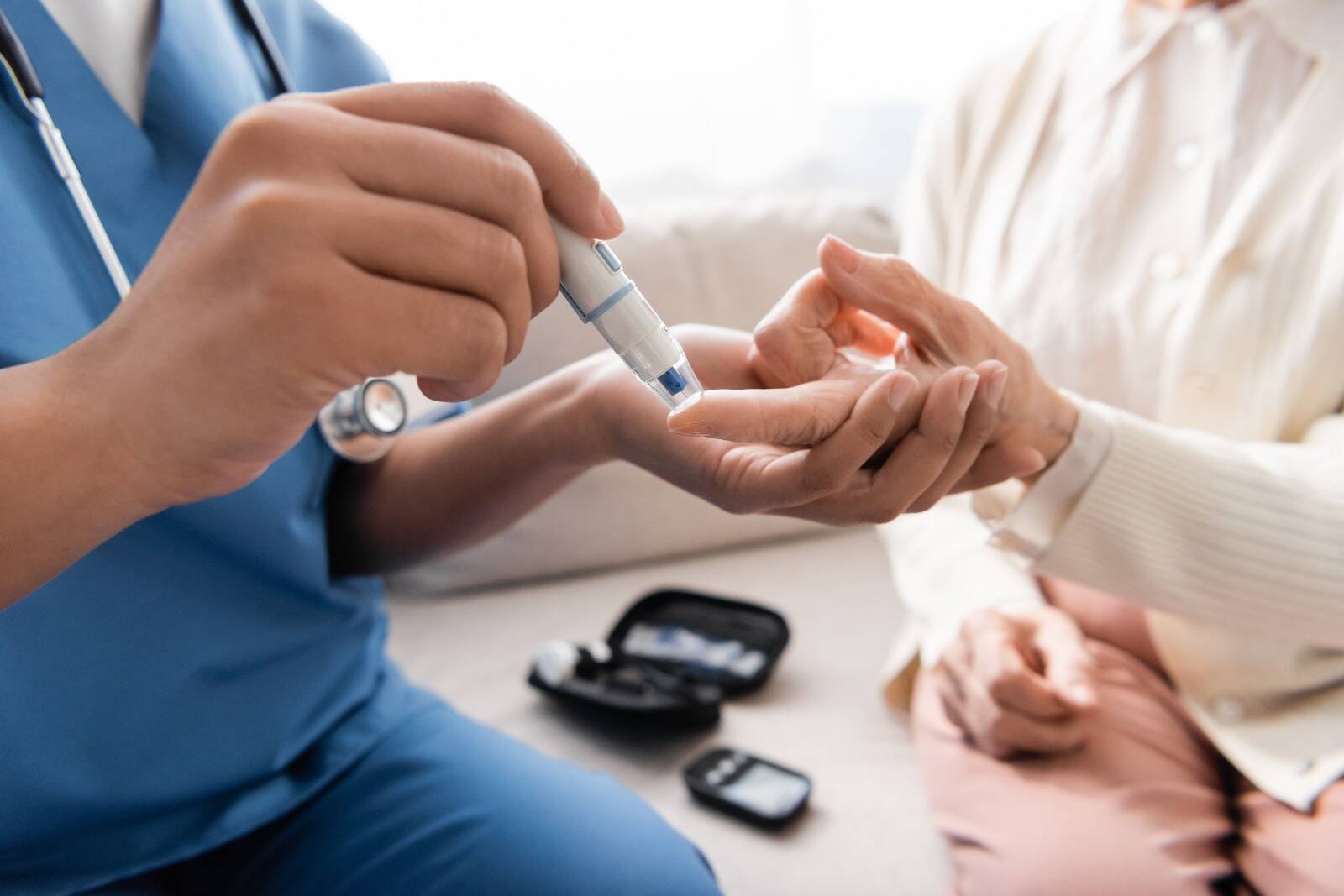The Ministry of Health maintains that shortages of crystalline human insulin persist in Colombia.

The Ministry of Health and Social Protection reports that, based on technical analysis and feedback from various stakeholders in the sector, there is no evidence of a risk of shortages for most insulins or other hypoglycemic agents in the country.

Insulin pump. Photo: Claudia Rubio. Author: CLAUDIA RUBIO
However, the shortage of crystalline human insulin persists. Additionally, challenges such as the high market concentration among a few suppliers and specific situations that require monitoring have been identified .
Compared to most insulins and GLP-1 analogues, there is significant market concentration, with only one supplier per active ingredient. Among the main laboratories that have reported availability are:
- Novo Nordisk reported that it has overcome the challenges of 2023, and that its Degludec, Degludec + Liraglutide, Determir and Aspart insulins , for which it is the sole supplier, are available and are being marketed in accordance with current demand.
- Eli Lilly, the sole supplier of Insulin Lispro and Dulaglutide, reported normal availability for Lispro and a good inventory of Dulaglutide in the 1.5 mg strength. For the 0.75 mg strength, there are import delays and reduced sales.
- Sanofi maintains stable marketing of Insulin Glulisine and the combination Glargine + Lixisenatide , and has increased the number of Glargine units available.

Novo Nordisk reported that it has overcome the challenges of 2023. Photo: Cleveland Clinic
Regarding crystalline and isophane human insulin, although there are four registered insulins in Colombia, they are currently only marketed by Pisa Farmacéutica, under the brands Insulex R and Insulex N.
The other three registered trademarks—Biocon Limited, with the products Insugen 30/70, Insugen® R (Regular), and Insugen-N, distributed by Distribuidora Sicmafarma SAS; Novo Nordisk with Novolin® N and Novolin® R; and Elixym Biopharmaceutical SAS, with Wosulin® R and Wosulin N—are not currently marketing, as their registrations are in the “temporarily not marketed” status.
Of these, only Novo Nordisk has reported difficulties in its manufacturing process. Due to this situation, the drug is currently classified as out of stock, and the Ministry of Health and Social Protection has sent a request to the registered holders to request the product's re-entry into the market, and if this is not possible, to explain the reasons.
The Ministry of Health and Social Protection emphasizes that this product was included in the list of unavailable vital medicines in October 2024. However, to date, no requests for authorization through this mechanism have been received.
For this reason, the ministry reiterates its call to pharmaceutical managers and logistics operators who supply hospitals to activate the vital unavailable mechanism if needed. This is to ensure timely access for patients to essential treatments.

Only Novo Nordisk has reported difficulties in its manufacturing process. Photo: iStock
This is taking into account that, as this medication is financed by the Capita Payment Unit (UPC), it cannot be purchased directly by the Ministry of Health, as this would entail a potential double allocation of public funds for the same purpose. For this reason, the exceptional import mechanism is available to system stakeholders for its acquisition.
During the "Working Table on Availability of Insulins and Other Hypoglycemic Agents" convened by the Ministry on July 3, as part of the follow-up to the drug supply monitoring system and in which the Colombian Association of Endocrinology (ACE), health registration holders, pharmaceutical managers, EPS, their associations, Invima, the Superintendency of Industry and Commerce and the National Superintendency of Health participated, Pisa Farmacéutica announced that it will advance procedures with Invima to import the drug as vital unavailable and thus strengthen its availability in the short term.
In this space, attendees were also presented with the results of the availability analysis of insulins and some hypoglycemic agents (dulaglutide, liraglutide, and semaglutide), based on information from SISMED, responses from health registration holders, reports sent to the Ministry by pharmaceutical managers and health insurance providers, and the Invima health registration database.
eltiempo


%3Aformat(jpg)%3Aquality(99)%3Awatermark(f.elconfidencial.com%2Ffile%2Fa73%2Ff85%2Fd17%2Fa73f85d17f0b2300eddff0d114d4ab10.png%2C0%2C275%2C1)%2Ff.elconfidencial.com%2Foriginal%2F6c7%2F05e%2F300%2F6c705e3002b085aff1c6f1c1311d7bba.jpg&w=3840&q=100)


